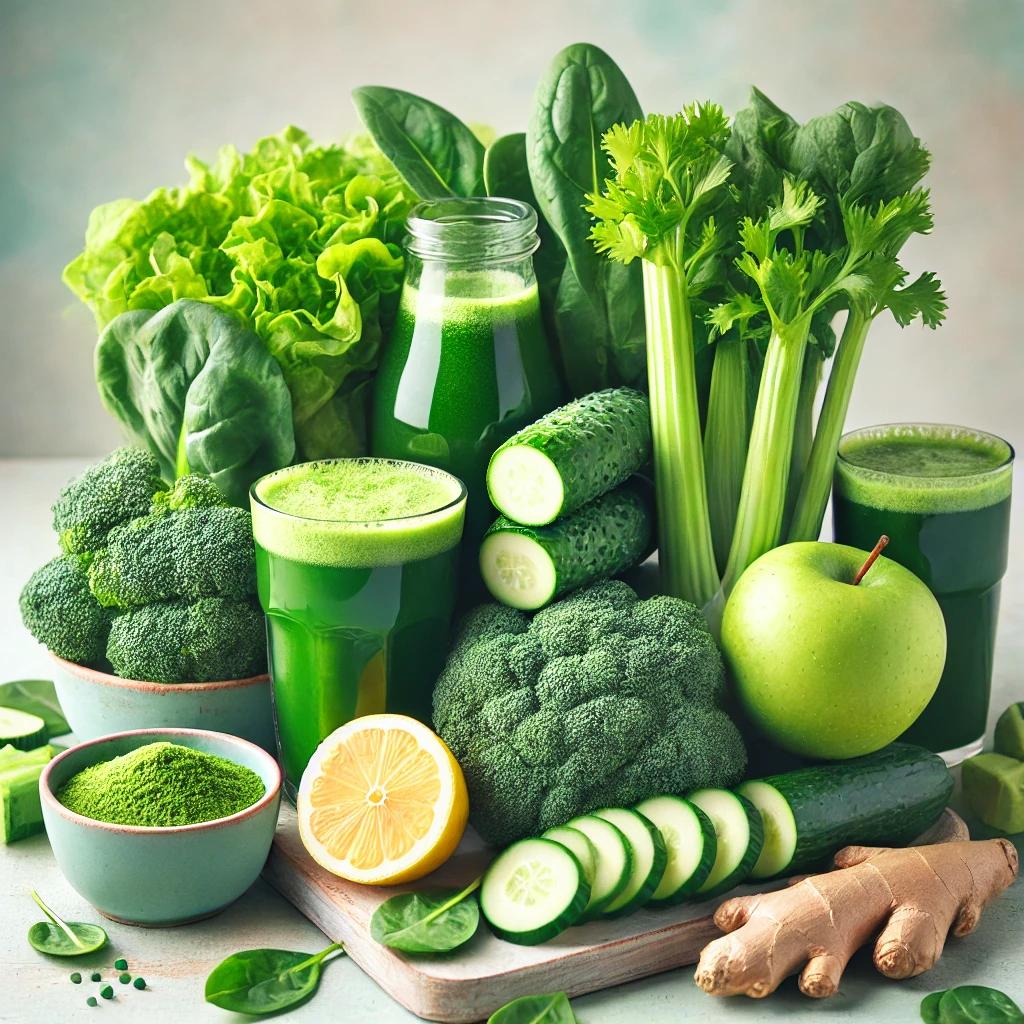Understanding & Managing Toxins for Healthier Living During & After Cancer Therapy
- Date
- 19 February 2024
- Category
- Body
- Mind
In the intricate tapestry of modern living, our daily existence is increasingly intertwined with a variety of toxins. These stealthy invaders, stemming from environmental pollution, processed foods, and a plethora of household chemicals, incessantly bombard our bodies, threatening both our physical and mental health. For individuals battling cancer, this toxic onslaught is especially perilous, as their bodies are already embattled by the rigors of the illness and its demanding treatments. Grasping the nuances of toxin accumulation and their impacts, coupled with the implementation of proficient management strategies, is pivotal in safeguarding health during the cancer journey and beyond. Armed with this understanding, patients and their caregivers are better positioned to make enlightened decisions, charting a course towards enhanced recovery and holistic well-being.
Our bodies, in their daily dance with the environment, unwittingly become repositories for a myriad of toxins. The air we breathe, often laced with vehicle emissions and industrial pollutants, serves as a major conduit for these harmful agents. Processed foods, replete with a cocktail of additives and preservatives, further contribute to our internal toxic load. The silent assailants in everyday products, including agricultural pesticides and household chemicals found in cleaners and cosmetics, insidiously add to the burden. These toxins, sneaking into our system through inhalation, ingestion, or dermal absorption, find refuge in fat cells and vital organs such as the liver, impeding their functionality and potentially ushering in a spectrum of health disorders.
Toxins, once they infiltrate our bodies, predominantly find refuge in fat cells and critical detoxifying organs such as the liver. The liver, a pivotal organ for metabolizing and eliminating these harmful substances, works tirelessly to neutralize and expel toxins from our body. However, when the burden of toxins becomes excessive, it can impair the liver's ability to function efficiently. This accumulation of toxins in fat cells and organs disrupts normal physiological processes, leading to a cascade of symptoms that can range from mild to severe.
Individuals may experience chronic fatigue, a state of constant tiredness that doesn't seem to alleviate with rest. Headaches, ranging from mild discomfort to debilitating migraines, can become a frequent occurrence. Digestive problems such as bloating, indigestion, constipation, or diarrhea indicate the body's struggle with toxin overload, affecting gut health and nutrient absorption. Hormonal imbalances may manifest, as toxins can mimic or block hormones, leading to conditions like thyroid dysfunction, menstrual irregularities, or mood swings. These imbalances can have far-reaching effects on overall health, including metabolism, reproductive health, and mental well-being.
Moreover, a weakened immune system becomes a significant concern. Toxins can impair the body's immune response, making it more susceptible to infections and illnesses. This is particularly troublesome for individuals undergoing cancer treatment, as their immune systems are already compromised due to the disease and aggressive treatments like chemotherapy and radiation. In such scenarios, the additional burden of toxins can place undue stress on the body. This stress might not only hamper the body's ability to fight cancer effectively but also affect the efficiency of treatments, potentially leading to longer recovery times and impacting the overall prognosis.
In cancer patients, the careful management of toxin levels is thus doubly important. Minimizing toxin exposure and enhancing the body's detoxification capacity can play a crucial role in supporting treatment and improving quality of life during and after the cancer journey. By understanding the complex interplay between toxin storage, body functions, and the impact on health, individuals can take proactive steps towards maintaining a toxin-limited lifestyle, contributing positively to their healing process and overall well-being.
The journey of detoxification, though a beacon of healing, can be marked by a constellation of symptoms. As the body strives to purge these unwelcome guests, individuals may encounter headaches, fatigue, skin irritations such as rashes or acne, and digestive issues. These manifestations signal the body's endeavour to restore equilibrium and health. However, for those in the throes of cancer treatments, navigating these symptoms with care is essential to prevent undue stress on an already taxed system.
For those battling cancer, the path to detoxification should be tread with gentleness and respect for the body's current state. Hydration, a diet abundant in fruits, vegetables, and whole grains, and light exercise (subject to medical guidance) are foundational elements. Equally crucial is the minimisation of further toxin exposure during this delicate phase.
Conscious choices in our daily routines can substantially mitigate toxin exposure. Here are a few areas that you can support your journey toward living a non-toxic lifestyle:
Food Choices: Switch to organic fruits and vegetables to reduce your exposure to pesticides and harmful chemicals used in agriculture. Steer clear of processed foods, refined sugars, and carbohydrates, and foods filled with artificial additives and colors. Choosing fresh and natural options is a great way to support your body's detox process.
Cookware Selection: When cooking, opt for cookware made of non-toxic materials like ceramic or stainless steel. These materials don't leach chemicals into your food, helping you keep your meals as pure and healthy as possible.
Storing Food Safely: Use glass containers for food storage instead of aluminum foil or plastic wrap. Glass is safer and prevents chemical leaching, ensuring that your food remains uncontaminated.
Choosing Cleaning Products: If you're undergoing cancer treatment, it's particularly important to choose cleaning products that are natural and gentle. This helps reduce your exposure to harsh and potentially harmful chemicals found in many conventional cleaning products.
Water Filtration: Investing in a high-quality water filter is a smart move. It helps remove contaminants from your drinking water, contributing to better health and hydration.
Skincare Routine: Select skincare products that are free from harmful chemicals. This reduces the amount of toxins your skin absorbs, supporting your body's natural detoxification process.
Sunshine and Nature: Spend time outdoors in the sun and surrounding yourself with nature. This not only boosts your mood but also supports overall health and detoxification.
Gentle Exercise: Engage in gentle exercise to stimulate your lymphatic system. Activities like walking, stretching, or yoga can be very beneficial in keeping the lymph flowing, which is key to detoxification and maintaining good health.
For those undergoing cancer treatment, minimising toxin exposure is not just beneficial—it's imperative. It allows the body to devote more energy to healing and to respond more effectively to treatments, potentially enhancing outcomes and bolstering well-being during this formidable challenge.
Post-cancer treatment marks a critical phase where a meticulously designed detox process can greatly assist in recovery and rebuilding strength. This phase of detoxification is not about harsh, quick fixes but about tenderly nurturing the body back to a state of health. Customising this process to align with individual needs is key, with a focus on nutrition, physical activity, and continued reduction in toxin exposure.
In the post-treatment landscape, nutrition emerges as a cornerstone of recovery. A diet centered around whole, unprocessed foods supplies vital nutrients necessary for bodily repair and rejuvenation. A colourful array of fruits and vegetables, packed with antioxidants, helps counteract oxidative stress and inflammation. The inclusion of lean proteins, whole grains, and healthy fats aids in tissue repair and bolsters immune function. Prioritising hydration is also critical, as sufficient water intake is essential for flushing toxins and supporting kidney health.
In the realm of health maintenance, especially during and after cancer treatment, managing toxin exposure is of paramount importance. Mindful choices regarding our environment, diet, and lifestyle have profound impacts on our overall health. However, any significant lifestyle changes, especially amidst cancer treatment, should always be discussed with a healthcare provider to ensure they complement treatment plans and health objectives.
Note: This article is informational and not a substitute for professional medical advice. Consult your healthcare provider before making any changes to your health regimen.

The human body is a marvel of interconnected systems, and the nervous system plays a central role in maintaining balance and well-being. Among its two primary divisions, the parasympathetic nervous system (PNS) is vital for promoting relaxation, healing, a...

Sound has been used as a healing modality for centuries, with roots in ancient civilisations. From chanting mantras to the rhythmic beats of drums, sound has been recognised as a powerful force for transformation. In today’s modern world, sound healing com...

Healing Green Power Juice Ingredients Vegetables (80%): - 2 cups kale leaves - 1 cup spinach - 1 cucumber - 2 celery stalks - 1/2 cup broccoli florets - 1/2 lemon (peeled, seeds removed) - 1-inch piece of fresh ginger Fruits (20%): - 1 green apple (for...
The information provided by Luminous Life Care Ltd. on this website is for general wellness purposes in nutrition, detoxing, and mindfulness, and is not a substitute for professional medical advice. Always consult your healthcare provider before making any lifestyle changes.
Luminous Life Care Ltd. makes no guarantees regarding the accuracy or relevance of the information, and does not assume responsibility for any third-party products, services, or practitioners recommended. Use of this site does not establish a coach-client or healthcare relationship. For full details, please refer to our Terms & Conditions and Privacy Policy.